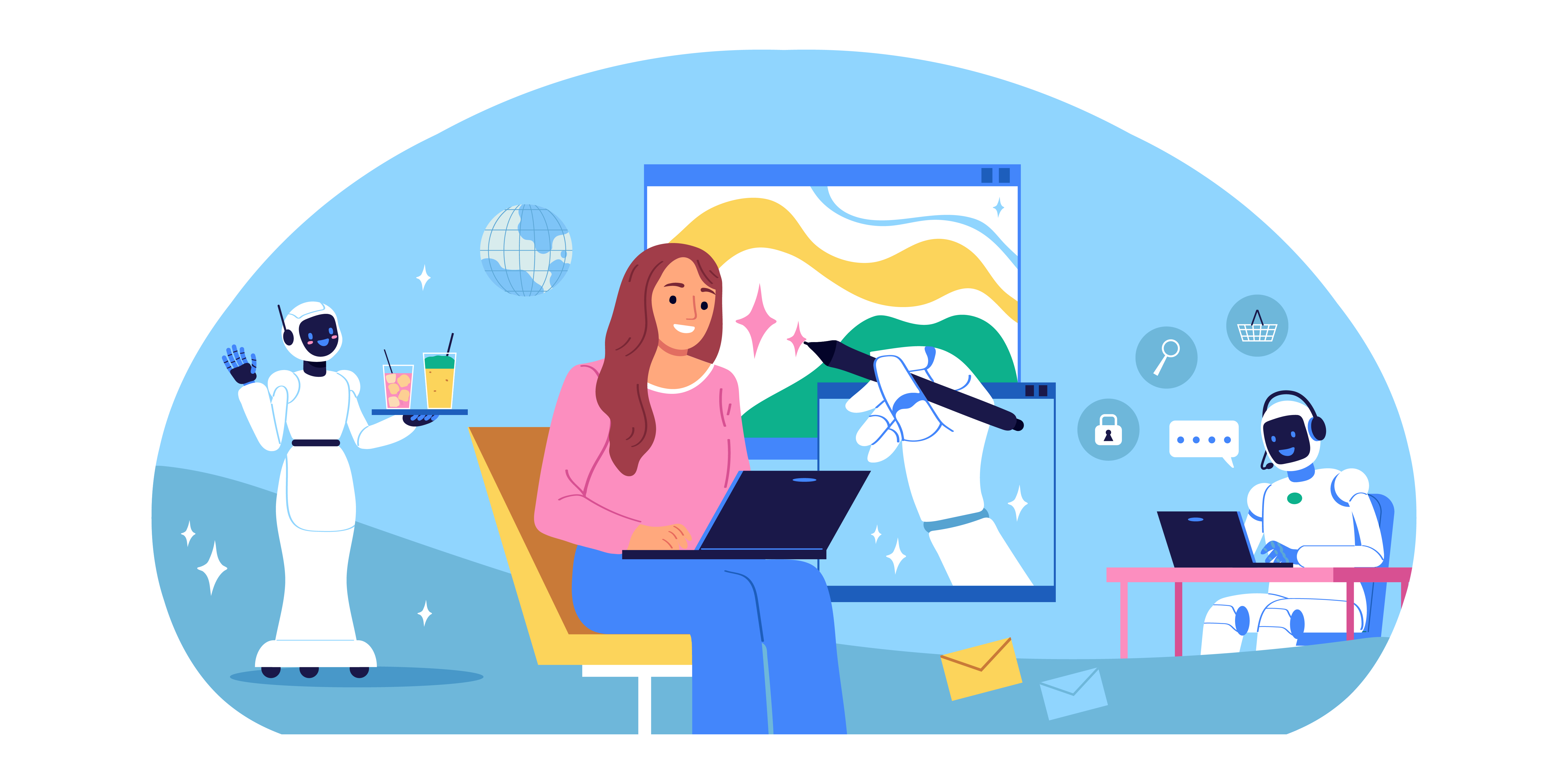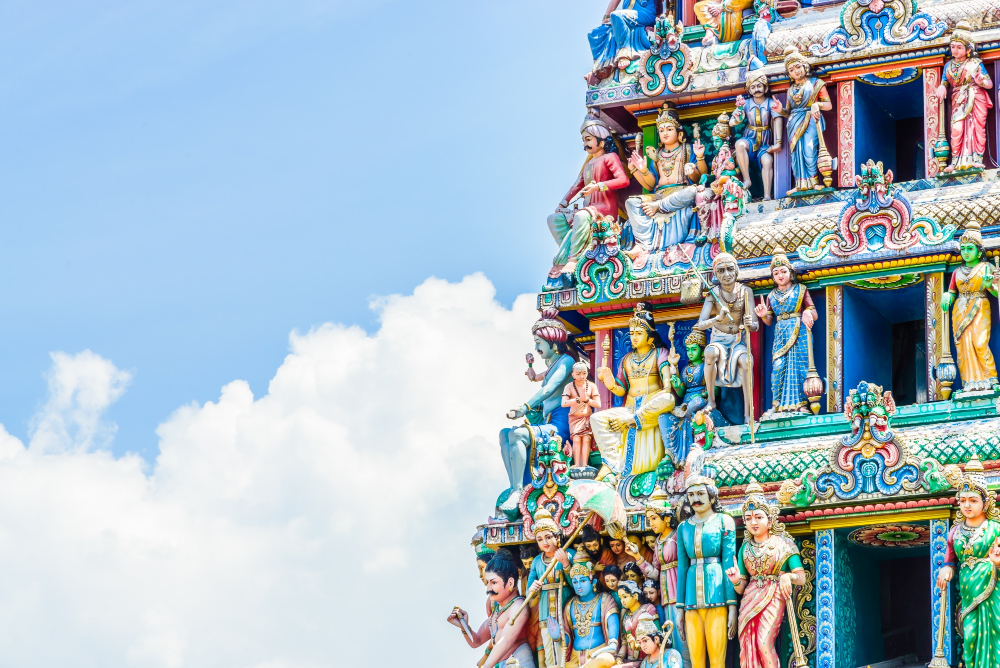In a Swiss laboratory, researchers are using clusters of human brain cells to power experimental computers. The start-up FinalSpark is leading this emerging field of biocomputing, also known as wetware, which uses living neurons instead of silicon chips.
Co-founder Fred Jordan said biological neurons are vastly more energy-efficient than artificial ones and could one day replace traditional processors. He believes brain-based computing may eventually help reduce the massive power demands created by AI systems.
Each ‘bioprocessor’ is made from human skin cells reprogrammed into neurons and grouped into small organoids. Electrodes connect to these clumps, allowing the Swiss scientists to send signals and measure their responses in a digital form similar to binary code.
Scientists emphasise that the technology is still in its infancy and not capable of consciousness. Each organoid contains about ten thousand neurons, compared to a human brain’s hundred billion. FinalSpark collaborates with ethicists to ensure the research remains responsible and transparent.
Would you like to learn more about AI, tech and digital diplomacy? If so, ask our Diplo chatbot!










